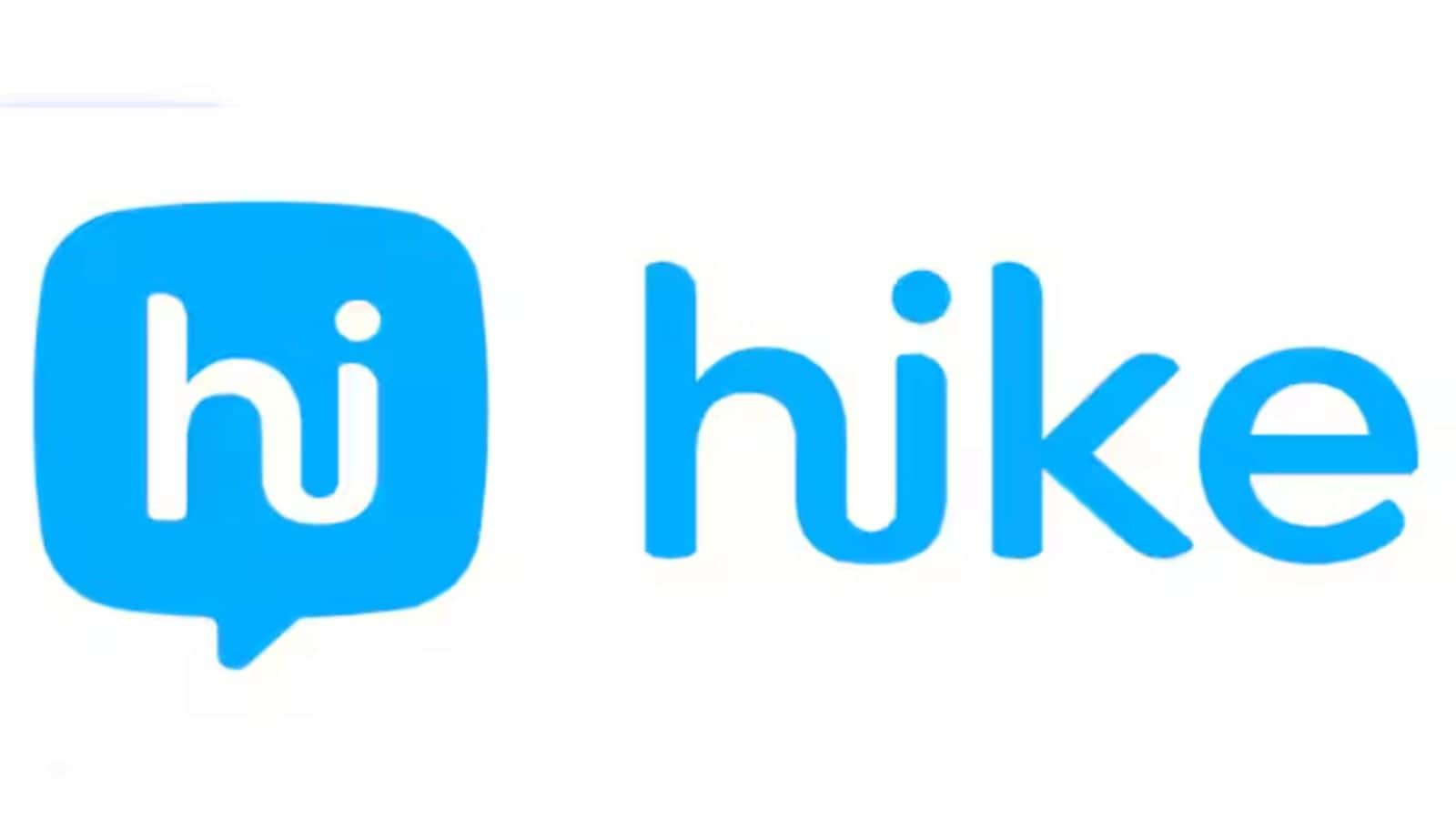World
Hike Messaging App’s Rise and Fall: Lessons from the Battle with WhatsApp

The rise and fall of the Hike messaging app serves as a cautionary tale in the competitive landscape of digital communication. Launched in 2012, Hike quickly gained traction among India’s youth, boasting features like fun stickers, private chats, offline SMS, and news updates. By 2016, it had surpassed 100 million users and achieved unicorn status. However, by 2021, Hike ceased operations, leaving many to wonder what led to its decline.
Kavin Bharti Mittal, the founder of Hike, recently shared insights into the app’s downfall. In a post on X (formerly Twitter), he pointed to the “network effect” as a significant hurdle. This concept highlights that a messaging app’s utility diminishes when most of your friends and family are not using it. As WhatsApp became the dominant platform, Hike struggled to retain its user base.
Despite having over 20 million active users at its closure, Hike could not compete with WhatsApp’s extensive reach. Mittal noted that in markets like China, where foreign apps face restrictions, local competitors can thrive more effectively. In contrast, Indian users gravitated towards the platform that their peers utilized, making it challenging for Hike to attract and maintain users.
The financial viability of a messaging app in India also posed a significant challenge. Mittal admitted, “India is difficult to build a business model around messaging.” At the time, consumers were not accustomed to paying for messaging services, and sustaining operations would have required substantial investment without a clear path to profitability.
Despite these obstacles, Hike retains a loyal fanbase. Many users fondly recall the app as “ahead of its time,” highlighting features it introduced before competitors like WhatsApp. Some even regarded it as a “super app” for its diverse offerings beyond messaging.
Hike’s journey illustrates the difficulty of competing against established giants. Even with backing from prominent investors such as Bharti SoftBank, Tencent, and Foxconn, the app could not secure a foothold in a market dominated by WhatsApp and Facebook Messenger. Mittal encapsulated the situation succinctly: “Just because we’re very good at something, doesn’t mean we can win.”
The story of Hike emphasizes that innovation alone may not suffice to succeed in an environment where a majority of users are already committed to existing platforms. In an era where messaging apps have become integral to social interaction, the lessons from Hike’s experience remain relevant for aspiring competitors worldwide.
-

 World5 months ago
World5 months agoSBI Announces QIP Floor Price at ₹811.05 Per Share
-

 Lifestyle5 months ago
Lifestyle5 months agoCept Unveils ₹3.1 Crore Urban Mobility Plan for Sustainable Growth
-

 Science4 months ago
Science4 months agoNew Blood Group Discovered in South Indian Woman at Rotary Centre
-

 World5 months ago
World5 months agoTorrential Rains Cause Flash Flooding in New York and New Jersey
-

 Top Stories5 months ago
Top Stories5 months agoKonkani Cultural Organisation to Host Pearl Jubilee in Abu Dhabi
-

 Sports4 months ago
Sports4 months agoBroad Advocates for Bowling Change Ahead of Final Test Against India
-

 Science5 months ago
Science5 months agoNothing Headphone 1 Review: A Bold Contender in Audio Design
-

 Top Stories5 months ago
Top Stories5 months agoAir India Crash Investigation Highlights Boeing Fuel Switch Concerns
-

 Business5 months ago
Business5 months agoIndian Stock Market Rebounds: Sensex and Nifty Rise After Four-Day Decline
-

 Sports4 months ago
Sports4 months agoCristian Totti Retires at 19: Pressure of Fame Takes Toll
-

 Politics5 months ago
Politics5 months agoAbandoned Doberman Finds New Home After Journey to Prague
-

 Top Stories5 months ago
Top Stories5 months agoPatna Bank Manager Abhishek Varun Found Dead in Well









